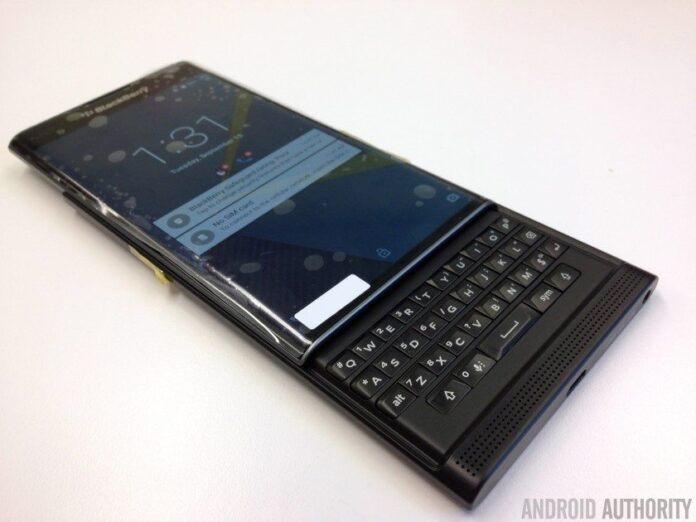Pakistani government wanted BlackBerry to share data generated by enterprise clients
Canadian company BlackBerry plans on leaving the Pakistan market following a disagreement with the Pakistan Telecommunications Authority regarding access to information stored on BlackBerry Enterprise Services servers.
BlackBerry COO Marty Beard laid out the situation in a post on the company’s blog.
Beard said the issue started in July when the PTA “notified the country’s mobile phone operators that BlackBerry’s BES servers would no longer be allowed to operate in the country starting in December ‘for security reasons.'”
“The truth is that the Pakistani government wanted the ability to monitor all BlackBerry Enterprise Service traffic in the country, including every BES email and BES BBM message,” Beard explained. “But BlackBerry will not comply with that sort of directive. As we have said many times, we do not support ‘back doors’ granting open access to our customers’ information and have never done this anywhere in the world.”
With that, BlackBerry is set to flip off the lights on its Pakistan operations Dec. 30.
In the post, Beard differentiated between assisting law enforcement in identifying criminal activity and providing carte blanche access to private information.
“Pakistan’s demand was not a question of public safety; we are more than happy to assist law enforcement agencies in investigations of criminal activity. Rather, Pakistan was essentially demanding unfettered access to all of our BES customers’ information. The privacy of our customers is paramount to BlackBerry, and we will not compromise that principle,” Beard wrote.
Although in a protracted downward spiral on its handset side, BlackBerry was once the go-to device for many world governments wanting to provide modern devices without compromising security. The company hopes to change its market position with the upcoming release of its first-ever Android-based smartphone, the BlackBerry Priv.
In addition to BlackBerry’s full keyboard, the Priv emphasizes security measures, will feature 2560 x 1440 resolution 5.4-inch screen, Qualcomm’s 8992 Snapdragon 808 Hexa-Core 64-bit processor, 32 gigabytes of RAM and expandable memory, among other specs. BlackBerry CEO John Chen announced the new phone in a Sept. 25 earnings call.
Beard tied the Pakistani situation into the company’s larger mission: “BlackBerry provides the world’s most secure communications platform to government, military and enterprise customers. Protecting that security is paramount to our mission. … BlackBerry’s focus will remain on protecting corporate, government and military communications throughout the world, including in South Asia and the Middle East, wherever our technology operates. Although the Pakistani government’s directive was aimed only at our BES servers, we have decided to exit the market altogether, because Pakistan’s demand for open access to monitor a significant swath of our customers’ communications within its borders left us no choice but to exit the country entirely.”

